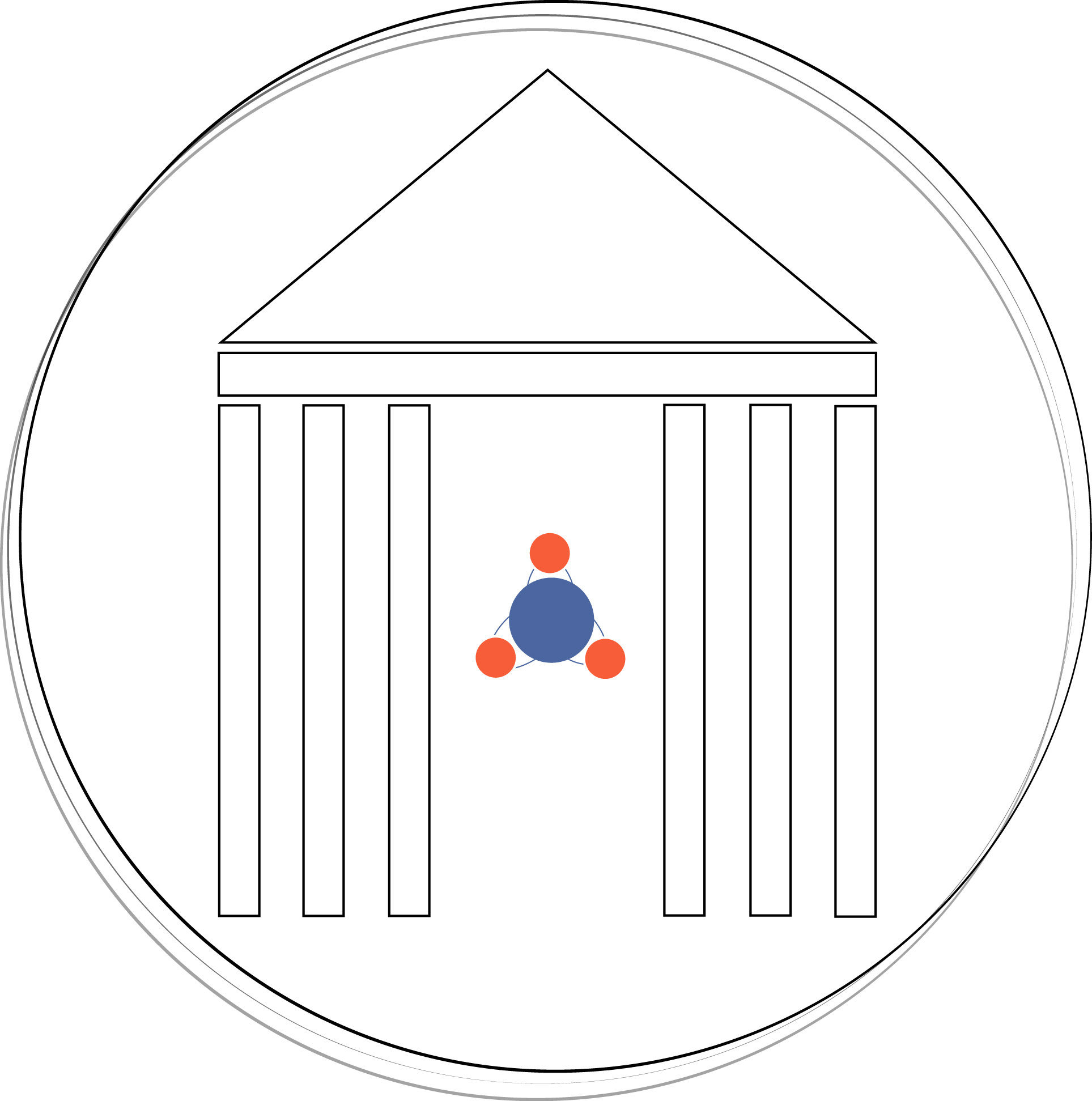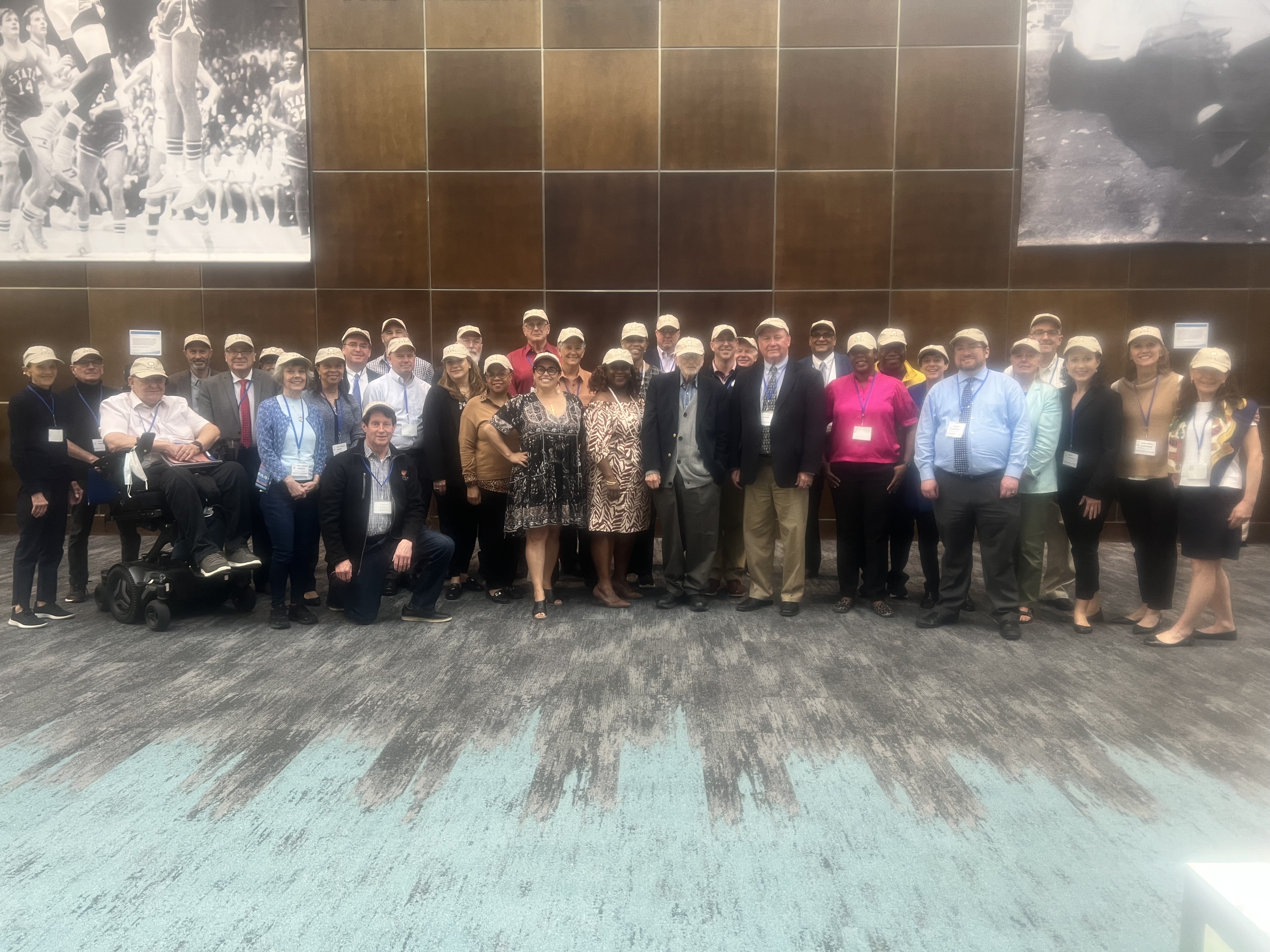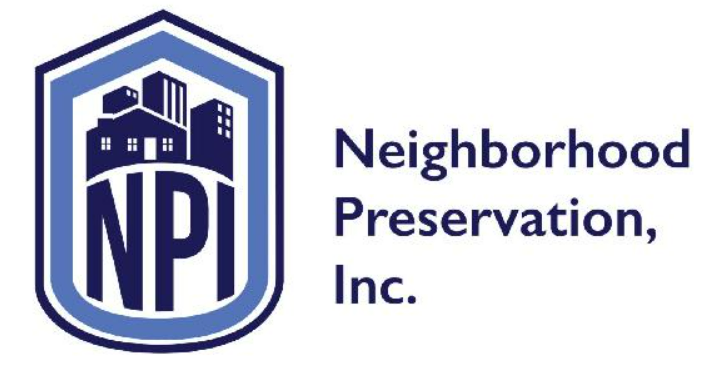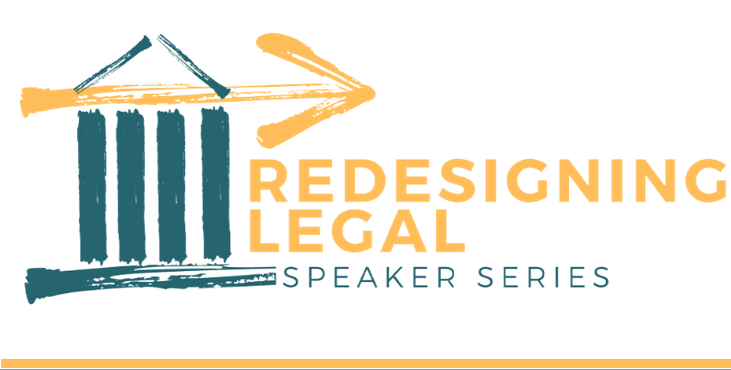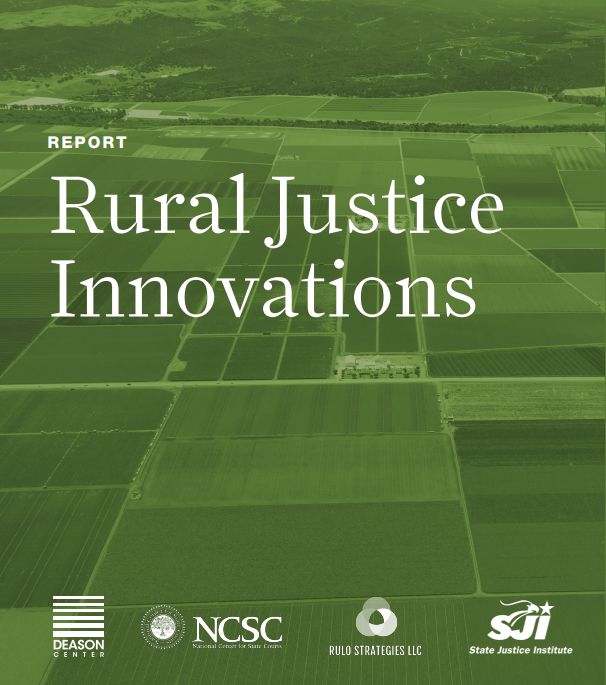Application Deadline: June 30th, 2023
Background:
In 2016, the Conference of Chief Justices/Conference of State Court Administrators (CCJ/COSCA) established the National Task Force on Fines, Fees, and Bail Practices to:-develop recommendations and tools to promote the fair and efficient enforcement of the law;-ensure no person is denied access to the justice system based on race, culture, or lack of economic resources; and,-develop policies relating to Legal Financial Obligations that promote access, fairness, and transparency.
State Justice Institute, along with the U. S. Department of Justice/Bureau of Justice Assistance, provided grant funding to support the work of the Task Force. The Task Force produced the Principles on Fines, Fees, and Bail Practices, in addition to numerous additional resources in the Resource Center. Though system improvements have been made in some jurisdictions, the equitable enforcement of fines and fees, along with issues related to bail practices, remains. Through a special Request for Applications (RFA) process, SJI will award grants to further improve state court efforts to address fines, fees, and bail practices. SJI intends to award grants that will enhance state and local courts’ ability to:
-Review these practices to ensure processes are fair and access to justice is assured.
-Develop processes and procedures for indigency review.-Implement alternative forms of sanctions.
-Implement processes that replace money-based pretrial practices with those based on a presumption of pretrial release by the least restrictive means reasonable to assure appearance in court and promote public safety.
-Ensure pretrial release practices include connections to wrap-around services, such as legal and non-legal navigators, behavioral health, housing, and public health services.
-Promote transparency, governance, and structural reforms for better court oversight of legal financial obligations.
In addition to meeting all other application requirements, SJI will give priority consideration for funding to projects that focus on institutionalizing and/or replicating the Principles on Fines, Fees, and Bail Practices of the CCJ/COSCA National Task Force on Fines, Fees, and Bail Practices.
ELIGIBILITY
SJI is authorized by Congress to award grants, cooperative agreements, and contracts. For the purposes of this RFA, eligibility is limited to the following entities:
• State and local courts and their agencies (42 U.S.C. 10705(b)(1)(A)).
• Other eligible grant recipients (42 U.S.C. 10705 (b)(2)(A)–(D)).SJI may also make awards to state or local agencies and institutions other than courts for services that cannot be adequately provided through nongovernmental arrangements (42 U.S.C. 10705(b)(3)).
SJI is prohibited from awarding grants to federal, tribal, and international courts.
Funding Categories
Eligible applicants may apply for funding based on the categories below.
Category 1-Local Court: Eligible local court applicants may apply for up to $50,000 for a period of up to 12 months.
Category 2-State or Territory Supreme Court and/or the Administrative Office of the Courts: Eligible state (or territory) supreme courts and/or administrative court office applicants may apply for up to $100,000 for a period of up to 12 months. They may also submit applications on behalf of one or more local courts for up to $50,000 per locality for up to 12 months and must agree that all funds will go directly to the local court(s).Note: No grant funds or cash match may be used to pay the salary and related costs for a current or new employee of a court or other unit of government. Cash match for these grants will be waived; however, applicants are encouraged to include as much cash and in-kind match as possible towards their proposed project.
Full instructions are available here: Request-for-Applications-Fines-Fees-Bail_5.1.2023.pdf (sji.gov)



